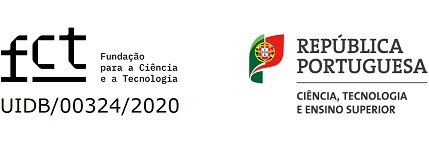| |
|
Description: |
The talk is a survey of the work of the speaker and a few collaborators published in a number of books and papers. The presentation is focused on the basic ideas and results, without going into technical detail, thus it is accessible to a general mathematical audience. 1. The algebraic method constructs a nonlinear theory which gives infinitely many classes of differential algebras of generalized functions that overcome the clelebrated 1954 impossibility result of Laurent Schwartz on the multiplication of distributions. The construction of these algebras - each of which contains the Schwartz distributions - was started in the 1960s and has been much developed since then in the work of several dozen authors. Among the results obtained are global solutions of large classes of linear and nonlinear PDEs. One of the particular cases of such algebras was introduced in the early 1980s by Colombeau. Last year the AMS included the general algebraic nonlinear theory in its Subject Classification 2000 under the heading 46F30, see details at www.ams.org/index/msc/46Fxx.html. Recent results give generalized solutions with dense singularities in which the cardinal of singular points can be larger than that of nonsingular ones. These results have applications in space-time foam structures in General Relativity, as well as in Quantum Gravity. 2. The order completion method, started in 1990, proves to be far more powerful, as it can solve globally all nonlinear PDEs given by continuous expressions. The solutions obtained can be assimilated with usual measurable functions. This overcomes for the first time the 1957 impossibility result of Hans Lewy. 3. Since the work of Chevalley half a century ago, there was a significant shift of interest from local to global Lie groups and their actions. However, with respect to Lie group symmetries of solutions of nonlinear PDEs much of the existing theory has until the recent work of the speaker been limited to local actions and symmetries. The only exception was that of a rather small class of nonlinear PDEs whose Lie group symmetries are "projectable" or "fibre preserving". However, such equations do not contain even such basic ones as the one dimensional nonlinear shock wave equation. In the speaker's 1998 Kluwer book arbitrary global Lie group actions and symmetries are constructed and they can act as well on generalized functions and solutions. In this way Hilbert's fifth problem obtains for the first time its solution, when it is considered in its origianl full generality. The mentioned global Lie group actions can be constructed owing to an extension of the classical parametric method which has in fact for long been used in the case of non-projectable or non-fibre preserving Lie groups. An unexpected benefit of this global parametric method is that one can start a general theory of genuine Lie semigroup actions, that is, of semigroups of actions which are not invertible. An important example is given by the smooth mappings of a manifold into itself, most of which mappings are not invertible.
Area(s):
|
|
Date: |
|
|
Speaker: |
Elemér E. Rosinger, University of Pretoria, South Africa
|
|
Place: |
Room 5.5
|
| Research Groups: |
-Analysis
|
|
See more:
|
<Main>
|
|

